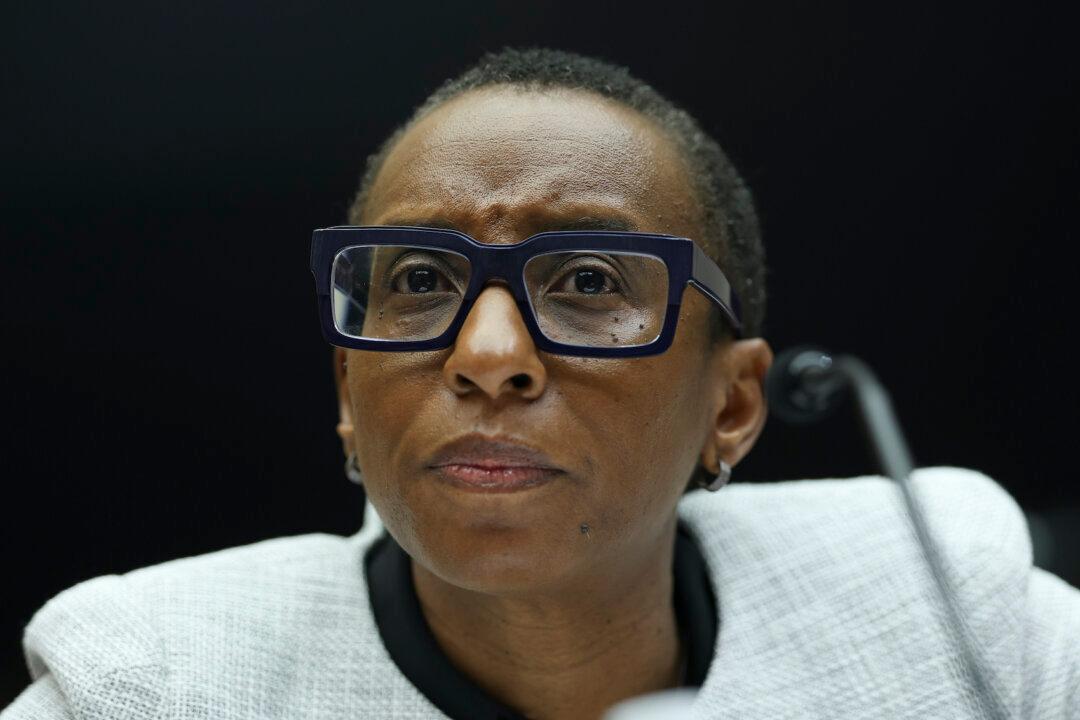Harvard President Claudine Gay should be held to the same standard that she would be if she were another race or gender, said one of the scholars whose work she plagiarized.
“I’m not calling for her to resign or be fired but I’m calling on the board of Harvard to look very seriously at these issues, and hold her to the same standard that they would hold a white male or a white female to,” Carol Swain, the scholar in question, said on EpochTV’s “American Thought Leaders.”






